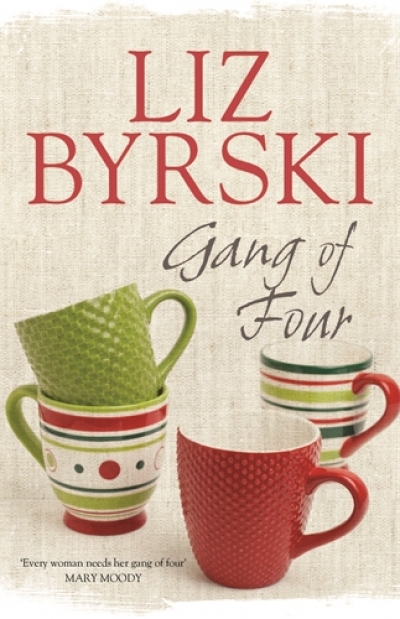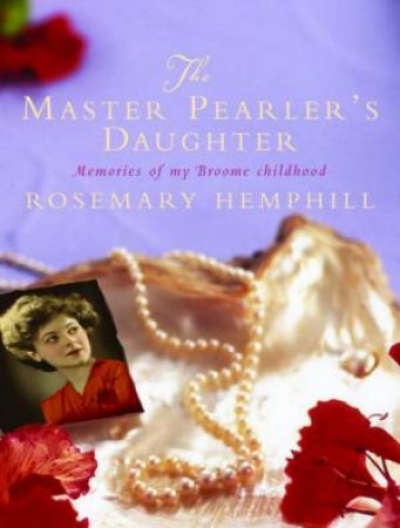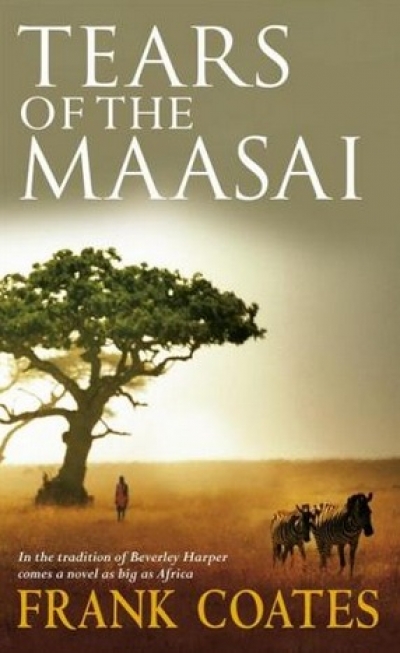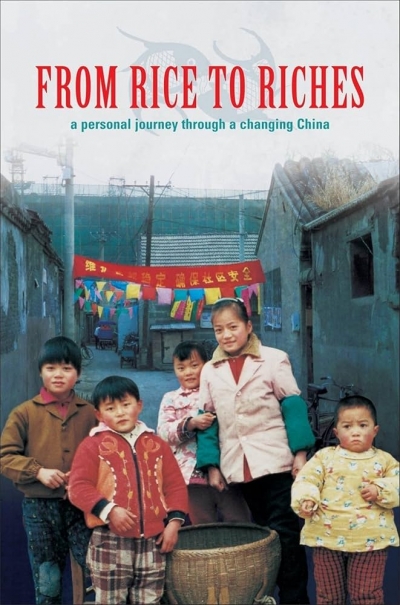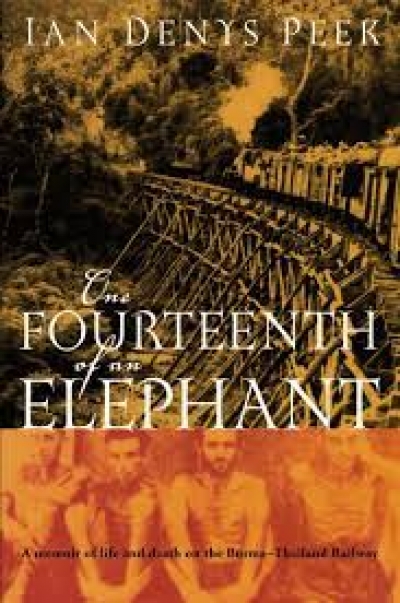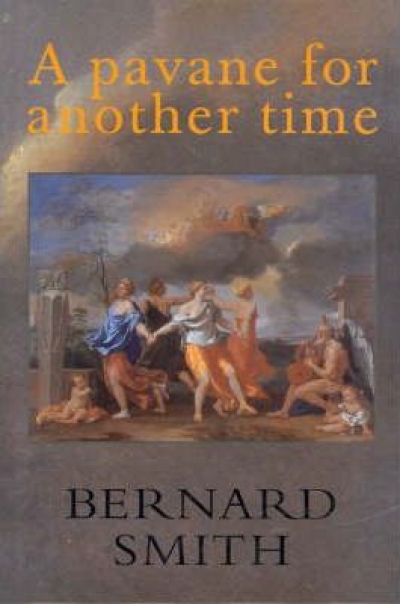According to some bright spark at HarperCollins, Tears of the Maasai is ‘a novel as big as Africa’, while Far Horizon, in the words of a creative Pan Macmillan employee, is apparently ‘driven by an emotion stronger than love, lust or fear: Revenge’. After such fanfare, what can the reader expect? Well, the usual ingredients of putative blockbusters set in Africa (and here I mean southern Africa): a nicely digestible Manichean view of the world, unredeemable villains, brawny, good-hearted heroes, feisty, long-legged heroines and plenty of fearsome wild animals. Rider Haggard forged the tradition in 1886 with the hugely popular King Solomon’s Mines, and Stuart Cloete and Wilbur Smith, among others, have also made good use of the exotic and seemingly anarchic qualities of Africa’s people, fauna and flora. One memorable scene in a Cloete novel featured an enraged buffalo licking the skin and flesh off the lower leg of a hapless man stuck not quite high enough in a tree. Where else but in Africa could you find such abundant and exquisite contrasts of harshness and beauty along with legends of buried treasure and the possibilities of antediluvian experience? It was perhaps, in Haggard’s day, an ur-land, where clichés sprouted and were happily swallowed by a goggle-eyed imperial audience back home.
...
(read more)

